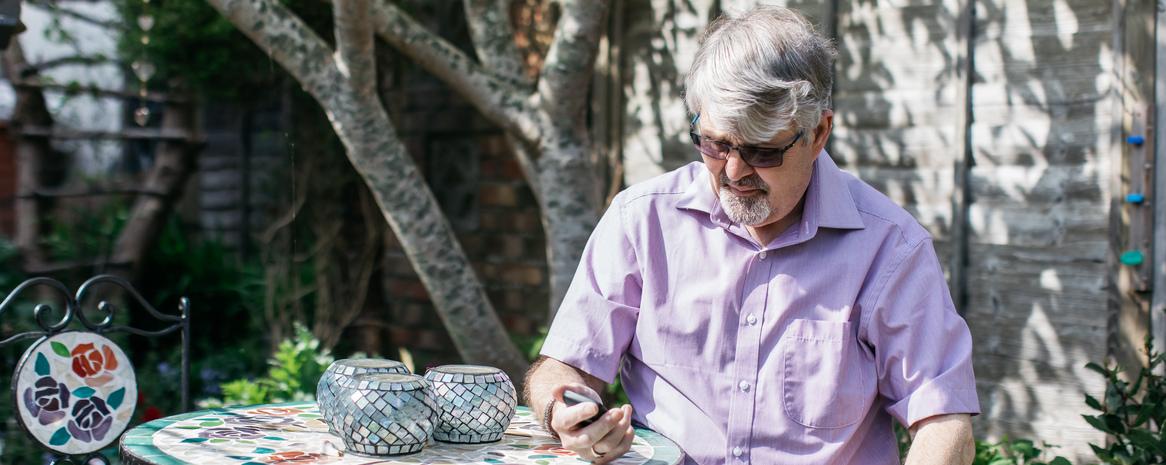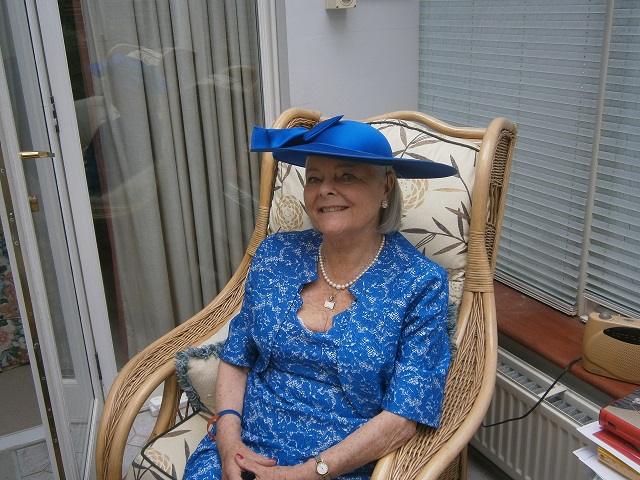Advice to others
I would say that if you have any concerns, if in doubt, then get it checked out. There’s nothing worse than feeling that something isn’t right.
Get it checked even if it’s nothing – speak to a pharmacist, your GP or the diabetic nursing team, or if it’s about your eyes, you can also see an optician.
"It’s important that you make sure you attend every appointment. If you can’t make it, rearrange it, as if not monitored correctly, then things can quickly change."
I’m so lucky with my eyes, and although I’m in no way out of the woods, I feel I’m in a much better place now than if I didn’t go for my health checks.
Reach out for support
If you are affected by the topics highlighted within this story or other stories on our website, you can access support from our helpline team on 0345 122 2399, Mon- Fri, 9am- 6pm, or email helpline@diabetes.org.uk.
You can join our free Support Forum – to connect with others affected by diabetes (minimum age 13). For more information, see Forum FAQs.
For those aged 11-25 living with type 1 diabetes, check out our youth programme Together Type 1 for a supportive community of people who understand what it’s really like juggling the ups and downs of life with diabetes.





